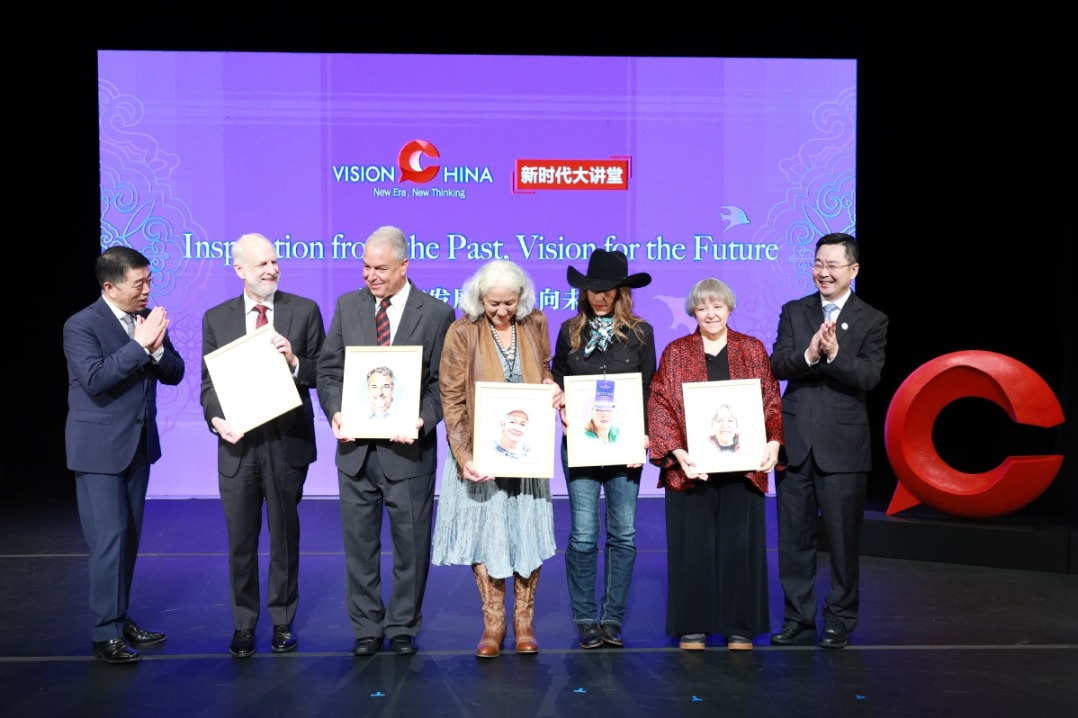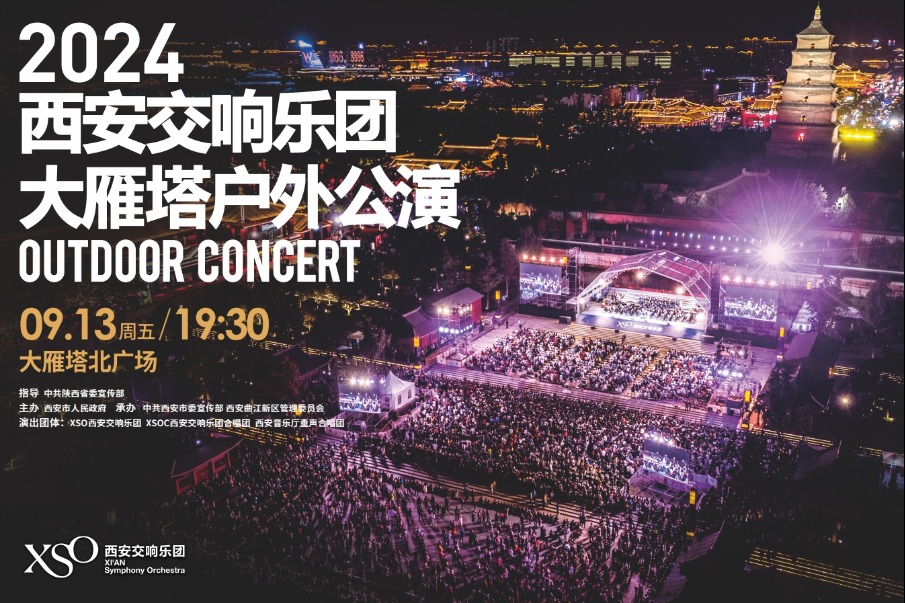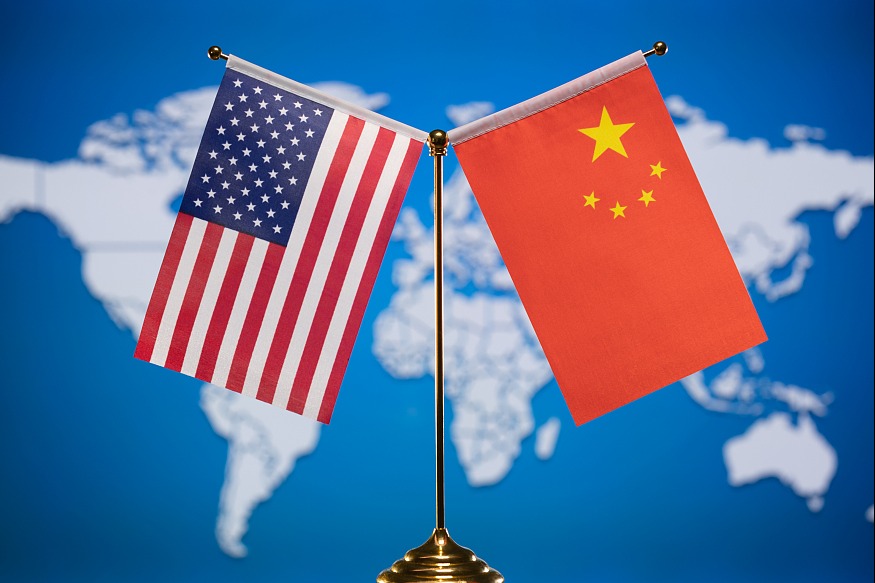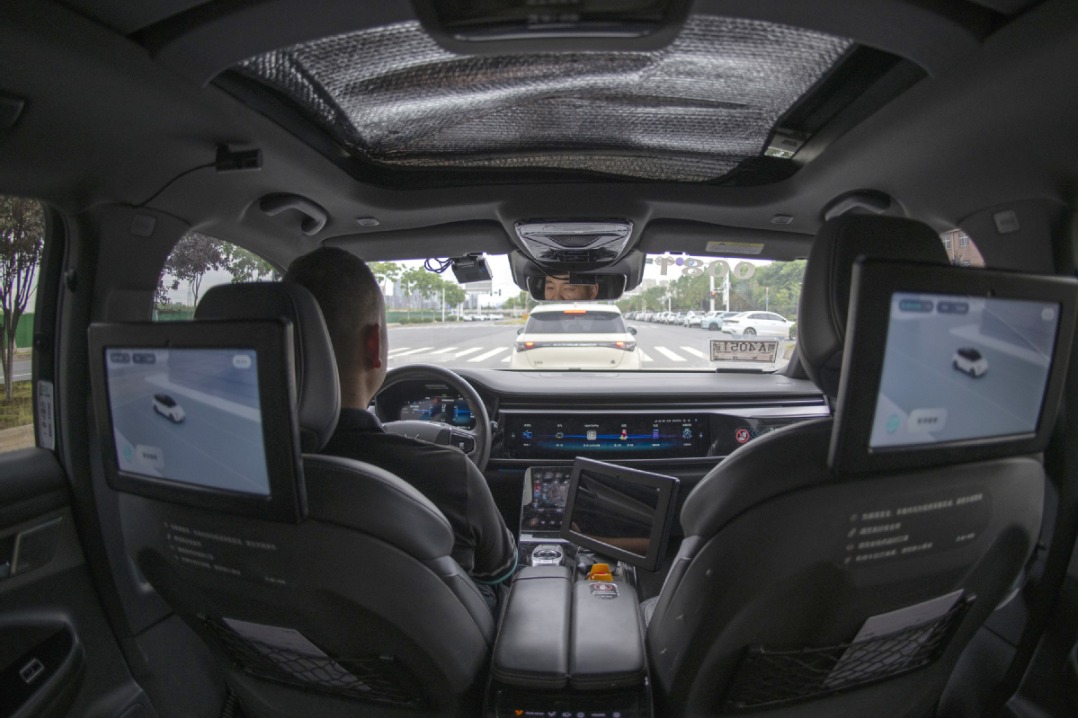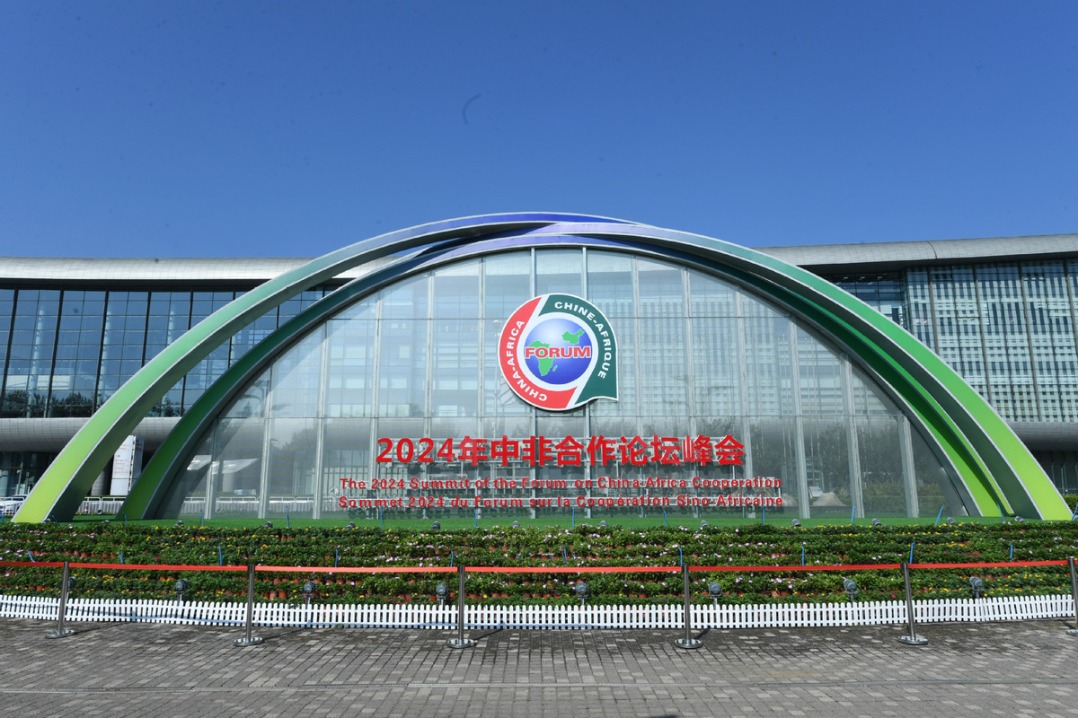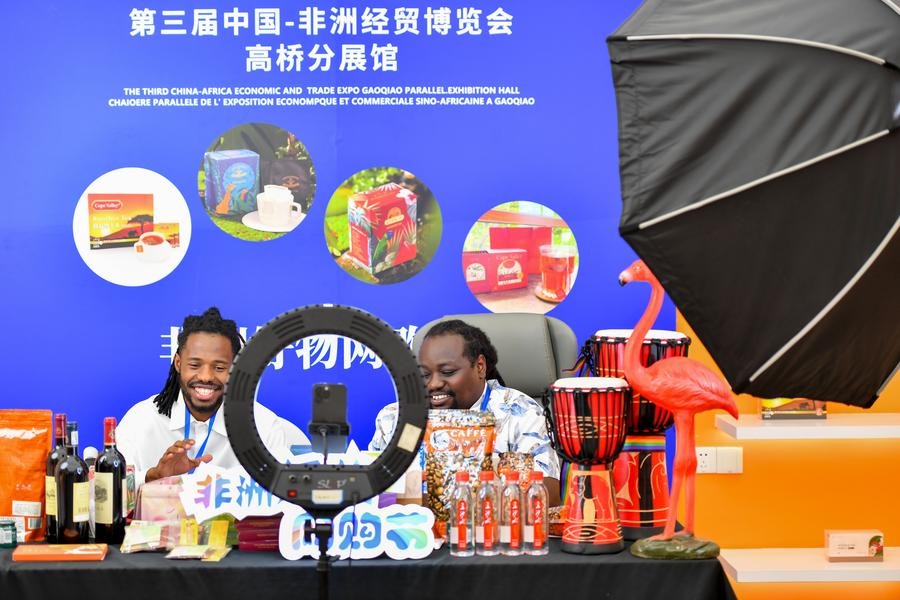6G key to unlocking connected future


A team led by Zhang Ping, an academician of the Chinese Academy of Engineering and a professor at the Beijing University of Posts and Telecommunications, has developed the world's first 6G field test network that integrates communications and intelligence.
The network allows deeper integration of communication with artificial intelligence. It demonstrates the nation's capabilities of independently developing the coming generation of communication technology despite isolation efforts of Western powers.
The United States has sought to form a 6G "clique" of Western countries. In February, the US, the United Kingdom, Australia and seven other countries issued a joint statement on the principles of 6G research and development, while Western communications giants such as NVIDIA, Amazon, Microsoft, and Samsung established the AI-RAN alliance.
Now the achievement of Zhang's team, together with the official data that China's applications for 6G patents numbered over 13,000 by 2021, accounting for 35 percent of the global total, is strong evidence that the US-led "clique" will find it hard to contain China and if the US tries to build a "small yard, high fence" in the 6G sector it will find itself shut inside the fence. Unless it shifts to a more open and inclusive attitude and acts accordingly in good faith, it might highly possibly repeat its past folly with 5G.
Otherwise, the US will have a great deal to lose as 6G is the underlying core technology for future digital technologies, intelligent applications, and the technology industry.
Compared to 5G, 6G not only achieves more network access methods such as satellite communication and visible light communication but can also build an integrated network across regions, airspace and sea areas. This is the key to creating smart cities, intelligent connected vehicles, intelligent manufacturing and other smart applications and future digital industries.
Gaining a critical position in 6G is crucial to seizing the commanding heights of future digital space. The US should hold an open attitude to the technology like its imagined competitor China does.

















